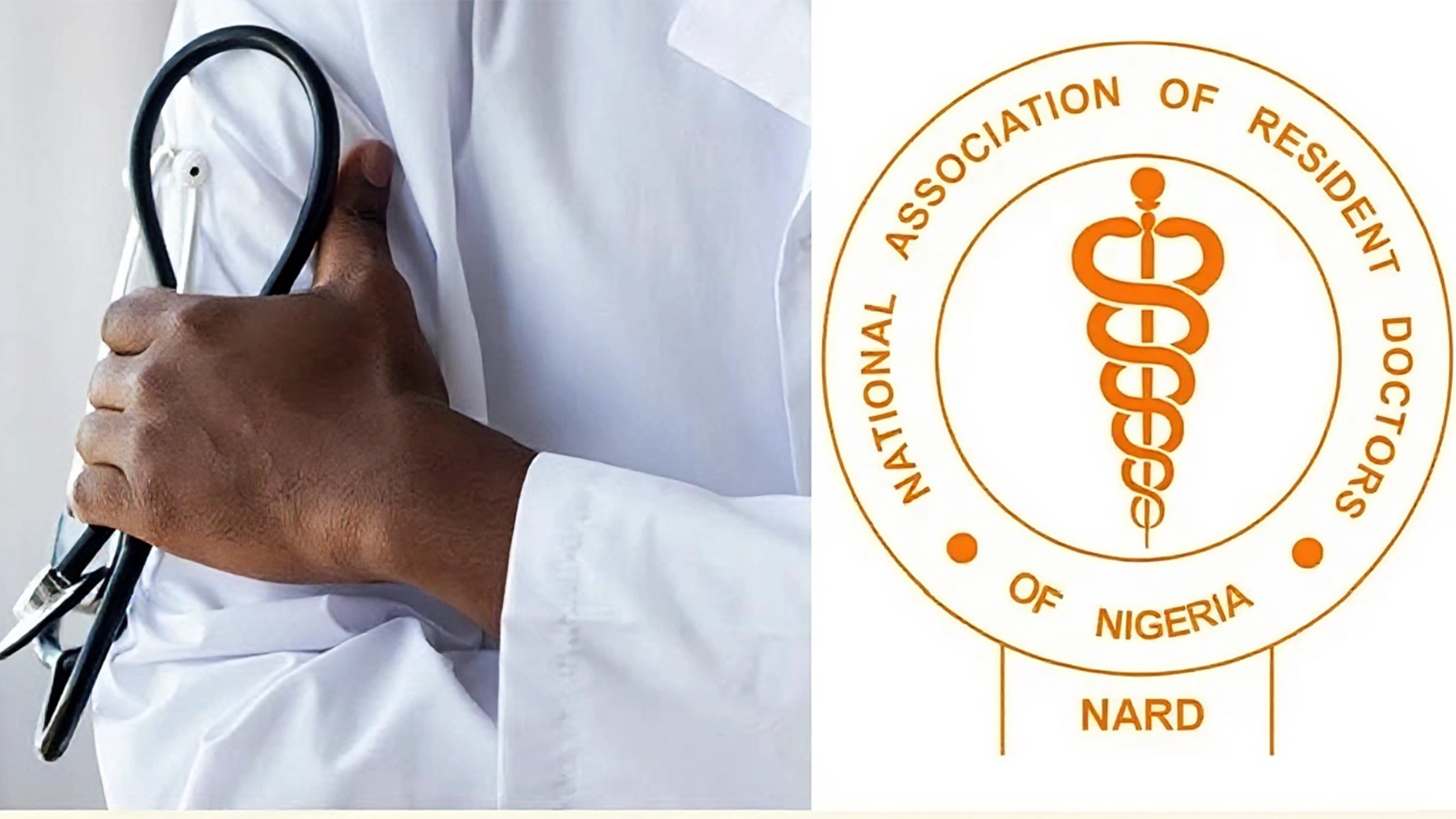
The Lagos State government has underscored the need for strategic shifts toward research, innovation, and increased local production in the healthcare sector.
Speaking about Nigeria’s dependency on imports for essential healthcare supplies, including equipment, drugs, and vaccines, the state governor, Babajide Sanwo-Olu, highlighted the importance of boosting the domestic pharmaceutical and bioeconomy sectors to drive economic resilience and public health advancements.
Sanwo-Olu, who was represented by the Commissioner for Health, Prof Akin Abayomi at the inauguration of the Society for Family Health (SFH) Innovation Hub in Ikeja, dedicated to Prof Olikoye Ransome-Kuti, said the hub represents a vital step in strengthening Nigeria’s healthcare capabilities by creating a collaborative environment where young, talented Nigerians can develop solutions to public health challenges.
He said the SFH Innovation Hub represents a step forward in Nigeria’s journey to empower local talent, drive homegrown solutions, and build a self-sufficient healthcare system, ensuring a healthier and more resilient future.
The governor said the hub’s launch signals a collaborative effort between public and private sectors, adding that the SFH and the Ministry of Health are addressing public health threats like malaria, with ongoing projects aimed at drastically reducing and potentially eliminating the disease in Nigeria.
He said by focusing on local production, Lagos aims to retain raw materials and intellectual capital within the country, nurturing a “bioeconomy” that can offset dwindling revenues from oil and other finite resources.
The Head of the Commissioners of Health, Dr Amina Ahmed El-Amin, expressed enthusiasm for the facility’s potential to foster local innovation and address the country’s unique health challenges.
She underscored the uniqueness of SFH’s approach in building a facility dedicated to health innovation, which she noted was a rare and “outside-the-box” move in Nigeria.
El-Amin noted that while the country faces common diseases that require solutions tailored to local realities, experts, through the hub, can collaborate, experiment, and design solutions that better fit Nigeria’s healthcare landscape before deploying them on a broader scale.
She said the SFH hub would not only provide a space for physical collaboration but also stimulate intellectual synergy, as experts from various sectors work together to co-create, test, and refine solutions.
SFH Board President, Prof Ekanem Braide, described the hub as a “co-creation space” designed to host start-ups and think tanks, fostering digital health solutions that could transform healthcare delivery across Nigeria.
Braide said the innovation hub is a testament to the organisation’s belief that health solutions must be anchored in creativity, co-creation, and collaboration. He said the rapidly evolving healthcare landscape calls for adaptive, forward-thinking approaches, noting that the hub will serve as a vital incubator, empowering communities to address their health challenges.
SFH Managing Director, Dr Omokhudu Idogho, emphasised the hub’s central role in SFH’s mission to advance sustainable health solutions through strategic partnerships.
Idogho explained that the hub would strengthen the national ecosystem by offering structured, impactful innovations aimed at promoting health equity.
He added that the hub would serve as a springboard for SFH’s commitment to long-term, high-impact health solutions, with a focus on research, digital tools, and collaborative learning.
Idogho noted that by scaling impactful ideas and providing normative guidance, the hub aims to support systematic health advancements that endure beyond the immediate.






